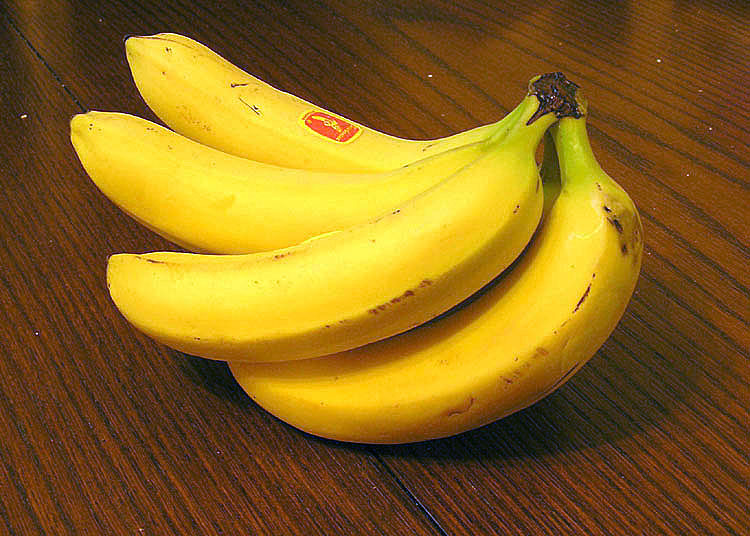What exactly are dampness and phlegm in Traditional Chinese Medicine?
If you are suffering from symptoms of low energy after eating, a heavy feeling, poor concentration, loose stools, difficulty waking up in the morning, a swollen tongue with teethmarks and white tongue coating, you may be suffering from a condition of dampness or excess phlegm.
Dampness can have two causes in TCM. Externally, it attacks the body through the weather (cold/damp and hot/humid), damp clothing, and from sitting on damp ground. It causes superficial illnesses, such as colds, minor infections and muscular aches and pains. Internally, it is said that dampness is created by the earth element (relating to the spleen) and is stored by the metal element (relating to the lungs). When the function of the spleen to transform and transport fluids is compromised by stress and poor or inadequate nutrition, dampness is caused in the digestive system. When dampness is then combined with heat and/or stagnation, phlegm is produced, which can migrate throughout the whole body. In TCM the visible form of phlegm relates to the western concept of sputum or mucus produced during coughing attacks. The invisible form of phlegm, however, can be a cause and product of disease. If it is produced by spleen qi deficiency, it may move to the heart, causing a blockage. Phlegm can cause swellings and lumps, high cholesterol and excess body fat. Many cases of IBS (Irritable Bowel Syndrome) are caused by deficient spleen qi or spleen yin/yang deficiency with dampness and excess phlegm.
 |
| Bananas are healthy, but damp producing in excess |
|
As the spleen likes warm dry foods, it can become imbalanced by excessive consumption of raw and cold foods. Greasy, fried foods, overuse of refined sugar, candy bars, coffee, alcohol, processed foods, and overeating will also weaken the spleen. Emotionally, anxiety, obsessiveness and stress in general will all take toll on digestion, leading to dampness and phlegm. Eating too late at night should be avoided, along with salads, citrus, salt, dairy products and too much liquid taken with meals. Foods that are naturally sweet in properties will help restore balance, as well as the more drying flavors of bitter and astringent foods. Good examples are cooked carrots, sweet potatoes, turnips, leeks, onions, lettuce, celery, rye, amaranth, sweet rice, cooked peaches, and small amounts of chicken and lamb. Raw honey is the best sweetener. Aduki beans are considered the most digestible of all the beans used in Chinese cooking and are beneficial for both spleen and liver. They help reduce fluid retention, diarrhea and liver stagnation.
Dampness can be a condition that is difficult to overcome. Our digestive system needs moisture, but too much will clog it and cause energy to stagnate. Acupuncture treatments, herbal remedies, a change in diet, and exercise can all be beneficial.
Leave a reply →
